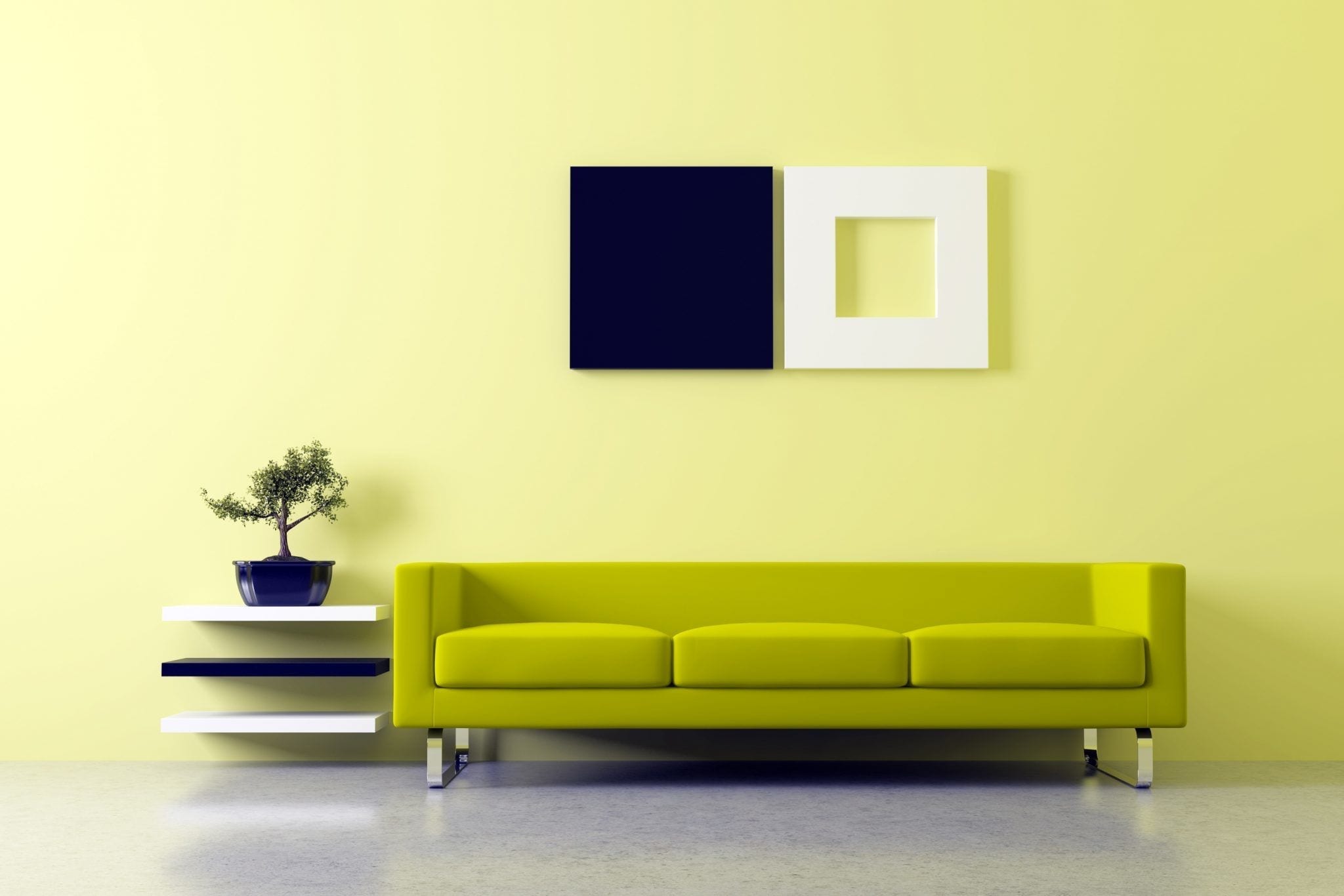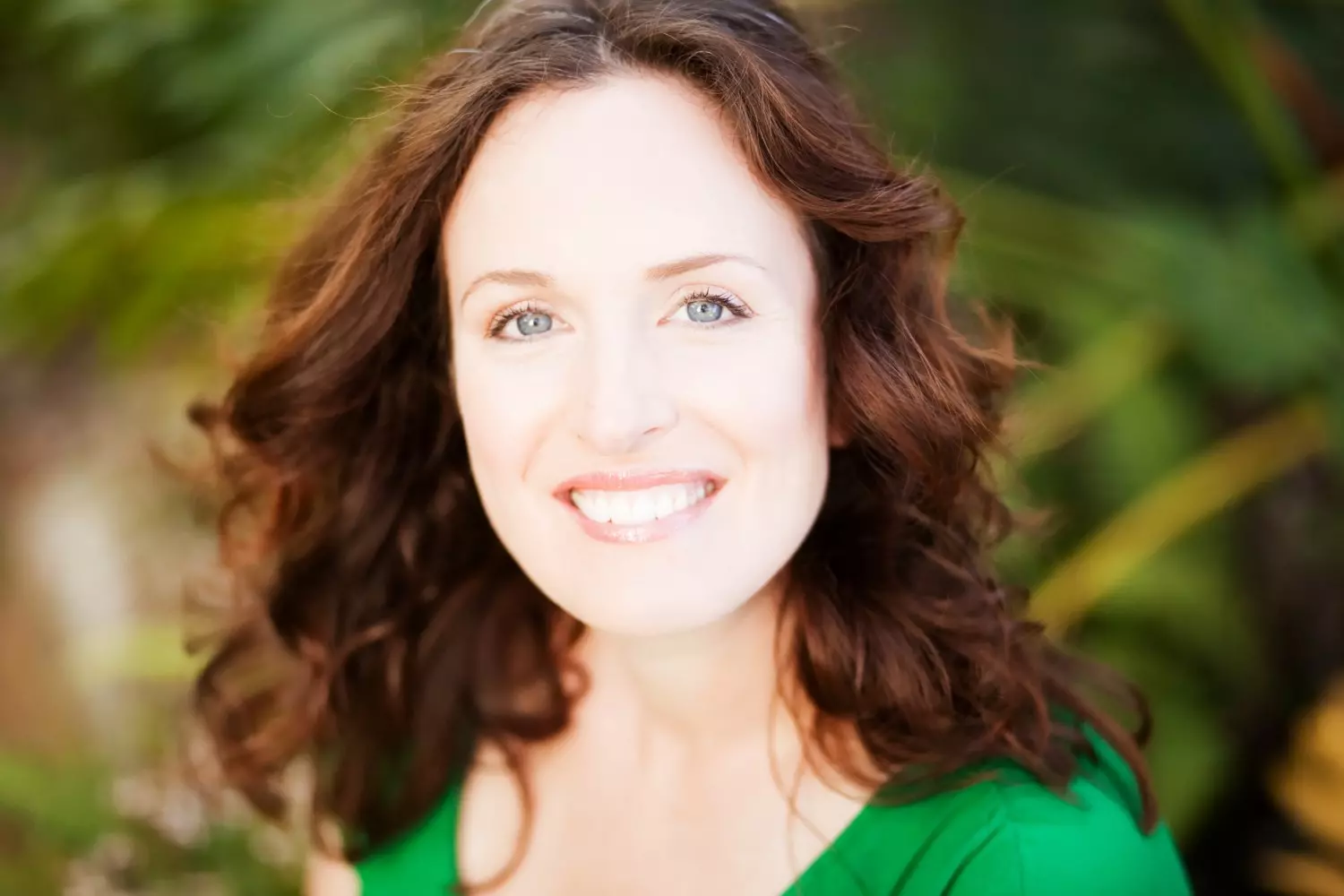By Amanda Collins
Classical feng shui is an ancient art and science developed in China more than 4,000 years ago. It shares philosophical roots with acupuncture, in that both are complex bodies of knowledge dealing with the movement of energy: feng shui reveals how to balance the energies of any given space to assure the health and good fortune for the people inhabiting it, just as needles are used in acupuncture to treat the energy patterns of the body to improve the flow of energy and therefore your health. Similarly, classical feng Shui uses items made of the Five Elements—Earth, Metal, Water, Wood, and Fire—to balance the invisible energies in your environment. Bringing the elements into our space also helps us reconnect with the natural order of things.
The Principle of Energy Flow in Feng Shui and Acupuncture
Feng shui creates harmony by connecting the seen and the unseen. It is a tool to examine the cycles of the stars, sun, and seasons, using these explorations to support the vital connection of body, mind, and soul to environment. Feng shui can be applied to any microcosm or macrocosm of our lives: small spaces such as bedrooms or vast ones such as entire cities can each be designed and built according to these principles.
In its simplest form, feng shui aids in choosing the best placement for a home. “Feng” means “wind” and “shui” means “water”. Picking the proper site will ensure happiness by alleviating problems such as excessive drafts or floods. The ideal site for a home is like an armchair: the back and sides of the chair protect us from the wind, though a breeze on a warm day can feel wonderful and cooling. When wind is powerful, however, it can blow an entire village down. Being close to water has been historically essential for survival; we drink it, clean with it, and being far from it can make life difficult if not impossible. When water is too strong, it creates the destruction of floods and tsunamis. Living in a space with easy access to water, yet protection from it, will make a home less susceptible to disasters and provide an easier, more graceful life.
Qi: The Life Force in Feng Shui and Chinese Medicine
As we know in both Western science and Eastern philosophy, everything is made up of energy. The theory behind Chinese medicine is that a living human body is imbued with qi (energy) which is fundamental for its healthy functioning. Feng shui is based on the same belief.
Qi is the animating omnipresent life force; it permeates all people, all homes, all physical surroundings. Feng shui illuminates this hidden force of qi and how the environment can affect us, both positively and negatively.
On average, we spend 80% of our time indoors. When we walk into an environment that has good feng shui, we feel embraced and at peace. We feel connected with our selves, our bodies, our surroundings, and the people within that environment. We feel connected with the natural elements, supported in all that we do. We feel that no matter what is happening in the outside world, when we step inside the front door, everything is okay. We are home. We are safe. We are free to feel our emotions. The feel of a place deeply affects our reflexive response at both conscious and unconscious levels.
A home with good feng shui feels in balance. Life flows more smoothly, easily, and peacefully. It raises the vibration by balancing the energy. It serves you and is organized exactly in the best way for you and your family to thrive—not just how you think it should be set up and decorated, but in a way that makes you love how it feels and puts a smile on your face. Feng shui is only used for the highest good in all situations.
For example, a house that has been in multiple modern design magazines and photographs very well may feel cold and austere, like a hospital or jail, instead of supporting its owner in feeling relaxed or welcomed in their own home.
If you think a career in holistic medicine is something you would like to pursue, contact us and speak to an admissions representative to get started on your new journey!
Integrating the Eight Limbs of Chinese Medicine
Chinese medicine has served its people well for thousands of years, succeeding in maintaining health and preventing and reducing illness in the people of China as well as other adherents. Traditionally, a Chinese doctor was paid not only to cure and heal, but also to maintain their clients’ overall health and prevent illness. It was expected that every client of a traditional Chinese doctor would incorporate all eight limbs of Chinese Medicine into their lives: Acupuncture, Herbology, Bodywork, Nutrition, I-Ching Astrology, Feng Shui, Exercise and Meditation. The principles governing all eight limbs are considered to be universal and have an intimate connection. These principles are based on the interactive nature of yin and yang, the dynamism of the Five Elements of Water, Wood, Fire, Earth and Metal, and perceiving and accessing qi quality and flow.
The Tao Te Ching also suggests using feng shui to maintain balance and wellbeing in your life. Interestingly enough, feng shui is the only one of the eight limbs of Chinese Medicine that is not of the physical body but of the environment. The truth is that if we experience balancing in our physical body with acupuncture and herbs, yet step into homes that are chaotic or messy, this will throw us back out of balance. Instead, having a home that is calm and peaceful will help us to rest, relax, and restore our vital energies.
When analyzing the energy blueprint of a home using Feng Shui principles we examine time and space. We read the building—from the year it was built to the direction and the exact degrees it sits and faces. We look at the surrounding areas, such as the location of mountains and water, the proximity of freeways, graveyards, and so on. We then use calculations to arrive at a detailed analysis of the quality and quantity of qi, yin/yang, and the Five Elements. From this analysis we decide how to bring the building and residents back into harmony. In Chinese Medicine, the analysis of the physical body involves checking the pulse, looking at the tongue, and reading the energy of a person—again using the principles of qi, yin/yang, and Elements.
Feng Shui’s Role in Health and Harmony
The intention of Chinese medicine and feng shui is the same: to bring good qi flow through a person’s home and body. Feng shui teaches that your home is merely an outward reflection of what is happening on the inside. It then uses the same principles—adjusting the quality and quantity of qi, yin/yang, and the Five Elements—to bring the person and home back into health and harmony.
The following are examples of how the home is an external manifestation of what is going on in the inside:
- Leaking faucets waste energy, and suggest abundance is flowing out of the home
- Loose door handles suggest not having a firm grip on health and life
- Burnt out bulbs signal burning oneself out
- Blocked drains reflect blocked emotions
- A cluttered home usually reflects being stuck in life, and maybe having extra weight on the body, along with allergies and little energy.
When examining the home to bring it into balance, we look at what’s called the trigram map. These trigrams are associated with magnetic directions, the Five Elements and their corresponding colors, human personality types, body parts, related illnesses, and numbers.
The northwest trigram is related to the main father/ husband in the home. It also has to do with the physical body parts of head and lungs, large intestines, and the Element of Metal. If the person who lives in this house is experiencing breathing problems, we would immediately find out what is going on in this location of the home. Is there clutter? Is that direction or location of the building missing? Are there sharply pointed items in this location? Do the five elements need to be balanced here? All these things are blocking the qi flow or creating a negative energy and causing toxicity.
The southwest location is related to the main woman of the home and the physical connection is to reproductive organs and fertility. If a couple was trying to conceive and could not, we would again rebalance the energies and Elements to create a positive chi flow to this area. We can also do things according to the couple’s dates of birth, such as put them in their best directions to sleep, eat and work. We would bring in Elements, colors, and symbolic items that will support fertility and energy flow to start a family.
Both the body and buildings have meridian lines running through them. In feng shui we call them Earth meridians and we use Earth’s acupuncture to bring about balance in the environment. Again we would use the same remedies of Five Elements and three cycles of creative, reductive, and destructive flow in both temples. In acupuncture, practitioners burn moxa to get energy flowing, and in feng shui we use sage or palo santo.
In both acupuncture and feng shui we view energy flowing the same that we view the flow of water to promote a healthy flow in both home and body. A practitioner of Chinese medicine might recommend a cleanse with herbs and certain foods to bring the body into balance, while in feng shui, similar suggestions are made to de-clutter the rooms, drawers, cupboards, and perform a cleansing upon the space.
Chinese medicine’s goal is to release sha energy blockages in the human body because such blockages create disease; feng shui also releases sha energy, but in the home, to support sleep, digestion, and peace: qualities in the home environment that also promote health in the human body.
Featured Posts:

